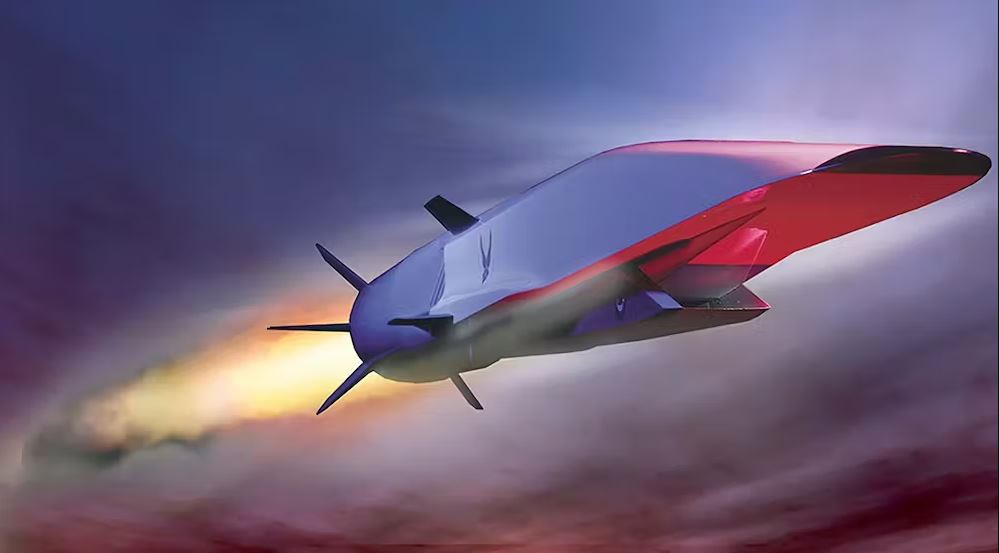The DoD-backed manufacturing research center seeks to advance the development of ceramic-matrix composites and metallics produced via large deformation processing.
The LIFT manufacturing research center initiated a new round of project directed at developing hypersonics weapons technologies. Detroit-based LIFT announced that the new program phases will extend efforts to advance ceramic matrix composites (CMCs) produced via reactive melt infiltration, as well as metallics produced via large deformation processing, for use in hypersonic applications.
The first phase of hypersonics research, started in 2021, included work with Boeing, into powder metallurgy refractory metal matrix composites and in-situ monitoring development; with Lockheed Martin, to improve cost competitiveness and quality of high-temperature capable hypersonics components; and Raytheon Technologies, to develop predictive models for thermomechanical properties of high-temperature carbon/carbon composite materials.
“Understanding materials characteristics is at the core of everything as we look to manufacture the components of the future, particularly those which need to travel in excess of 4,000 miles per hour,” according to Nigel Francis, LIFT’s CEO and executive director.
Hypersonic weapon systems operate at speeds of Mach 5 or higher but in low-Earth atmospheres. Developing such weapons, along with a domestic supply chain for them, are among DoD’s top priorities.
LIFT – the Lightweight Innovations for Tomorrow – is in partnership with the U.S. Dept. of Defense Manufacturing Technology Program, and was established in 2014 to foster research and development in manufacturing with practical applications for defense programs. LIFT’s research activities cover materials, processes, systems, and talent, and its industrial partners include numerous defense sector manufacturers and their suppliers. Individual research projects have focused on additive manufacturing, forming, and joining.
In its first phase of hypersonics development, LIFT’s material acceleration program focused on advancing metallic and ceramic materials and manufacturing processes involved in developing components for high-temperature and hypersonic applications. That work, with partners including Friedman Research Corporation (FRC), Michigan Technological University (MTU), University of Central Florida (UCF), University of Arizona (UofA), Alfred University, the University at Buffalo, Spectrum Engineering, and Hexagon, included development of integrated computational materials engineering (ICME) material digital twins, material property assessment, alloy development for hypersonic applications, and dissimilar material joining.
The second phase of the thermal management program, LIFT will work with FRC and UCF to advance the prediction of hypersonic material performance to hypersonic-relevant materials which benefit from functionally graded optimization and are manufactured by Direct Current Sintering (DCS).
Subscribe to AM Chronicle Newsletter to stay connected: https://bit.ly/3fBZ1mP
Follow us on LinkedIn: https://bit.ly/3IjhrFq
Visit for more interesting content on additive manufacturing: https://amchronicle.com


